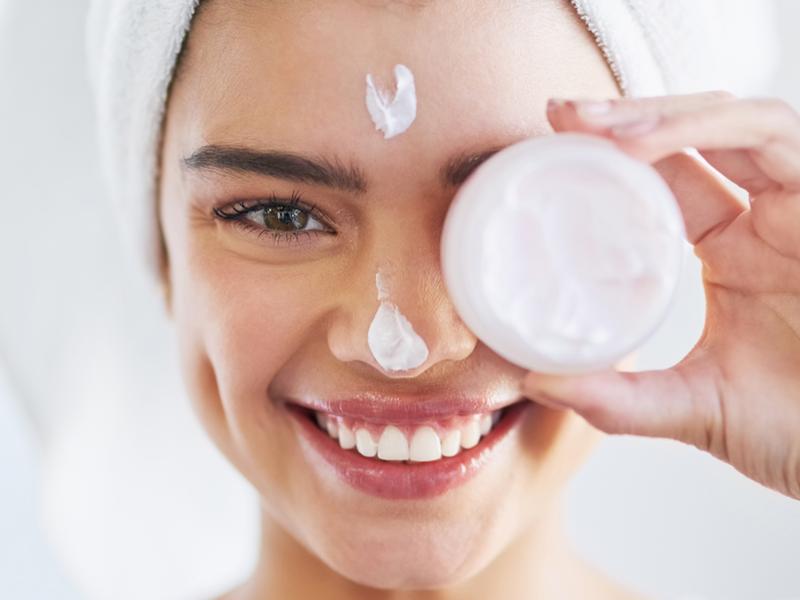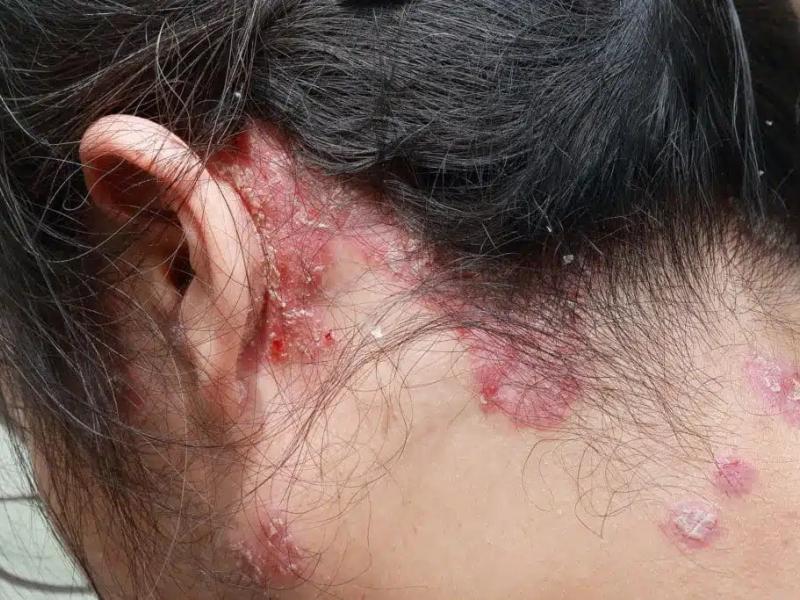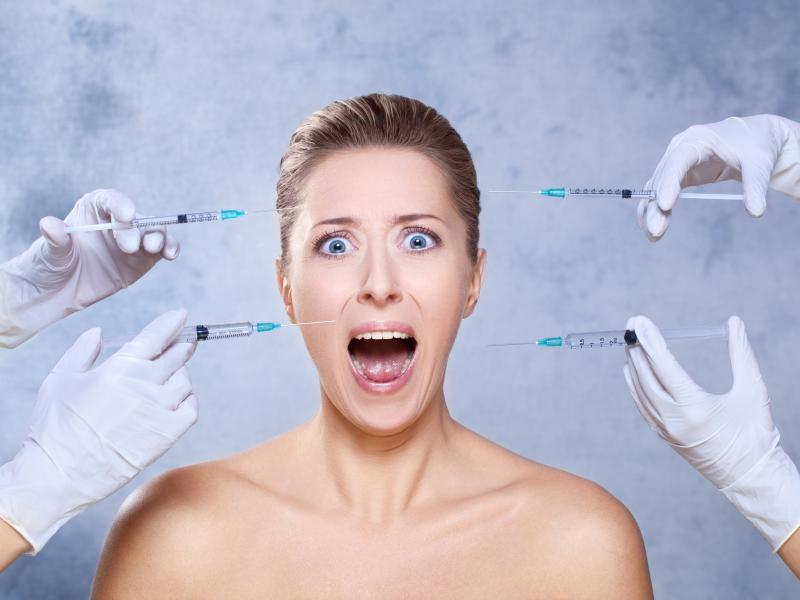Polyglutamic acid: what does it consist of?
Polyglutamic acid, often abbreviated as APG/PGA, is a humectant, a substance used to reduce water loss. It is derived from fermented soybean, a water-soluble synthetic biopolymer that has recently been used in certain cosmetic products.
Polyglutamic acid (PGA) is a moisturizer that retains four times more moisture than hyaluronic acid (HA). It is a water-soluble peptide and a versatile ingredient that can be used for many purposes because it is edible, non-toxic, and biodegradable.
Unlike hyaluronic acid, polyglutamic acid is composed of larger molecules designed to form a protective film on the skin that prevents water evaporation when used in skincare, preventing water loss and helping to preserve hydration.
Polyglutamic acid is associated with hyaluronic acid: a biocompatible active ingredient that increases the wetting of the skin, thanks to its eminent ability to incorporate water, and is also capable of inhibiting the degradation of hyaluronic acid naturally present in the skin.
The difference between polyglutamic acid and hyaluronic acid
Hyaluronic acid (HA) has long been considered as a magical moisturizing ingredient, able to retain up to 1000 times its own weight in water, AH helps maintain hydrated skin by improving the water content of skin cells. It has been generated naturally in the skin, but over time, as we age, the level of secreted hyaluronic acid begins to decrease.
Polyglutamic acid, on the other hand, is up to 10 times more moisturizing than hyaluronic acid. Like HA, PGA retains water in cells. However, PGA goes even further because it seals moisture by forming a protective film on your skin that prevents moisture from evaporating.
In other words, hyaluronic acid will hydrate deeper into the skin, while polyglutamic acid nourishes the upper layer of the skin, but also protects and plumps your epidermis.
.jpg)
What are the benefits of PGA treatment?
Polyglutamic acid is a hydration concentrate. Its ultra-moisturizing properties are the main benefit for the skin. Polyglutamic acid hydrates 4 times more than hyaluronic acid.
In addition to its decisive role in improving skin dryness and plumping skin cells, polyglutamic acid acts as a moisturizing filter for firmer skin, reducing the appearance of fine lines and wrinkles for a youthful-looking complexion.
For those who want to improve the elasticity and synthesis of the natural hydration factors of the dermis for a luminous complexion, this ingredient binds not only to hyaluronic acid, but also to retinol, vitamin C, niacinamide, and lactic acid, which makes it a perfect ally to work in synergy with other skincare products. It is precisely for this reason that it is possible to find polyglutamic acid in formulations of creams and serums for the face.
Polyglutamic acid is ideal for anyone with dry skin. Although it is safe for all skin types, you should be very careful with those who are allergic to soy, and it is best not to venture to try it.
PGA treatment in Istanbul Turkey
With Turquie Santé, you benefit from a dermatological consultation and specialized treatment with polyglutamic acid in the best clinics in Istanbul Turkey with dermatologists engaged in the development of a comprehensive dermatology service capable of providing medical solutions-surgery of the highest quality for the health and aesthetic needs of the skin.
Today, thousands of patients have been treated in dermatology and aesthetic medicine thanks to Turquie Santé. Our clinics in Istanbul Turkey are equipped with the most advanced diagnostic and treatment techniques and consolidated valuable teams of professionals trained in the best hospitals.






